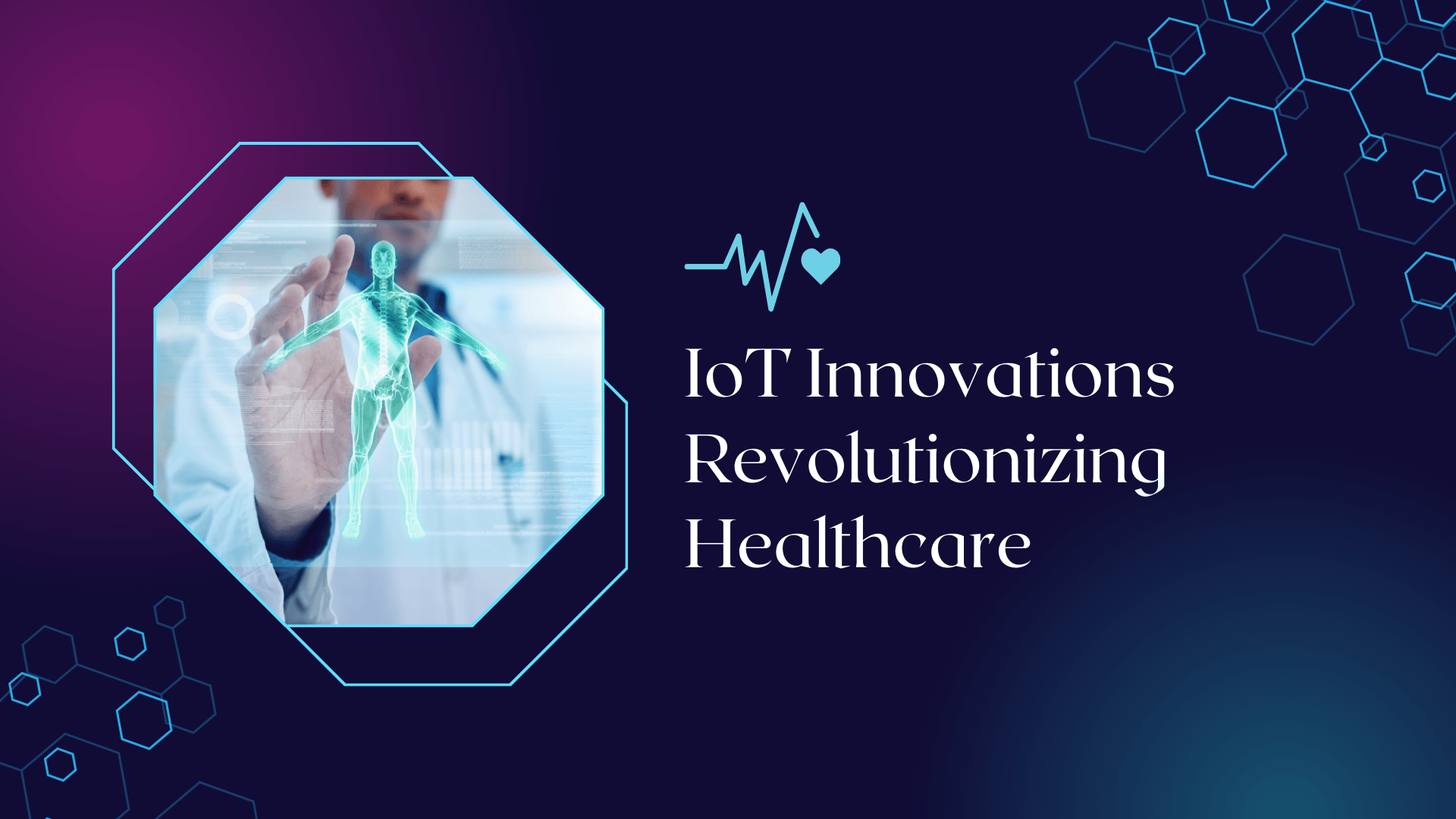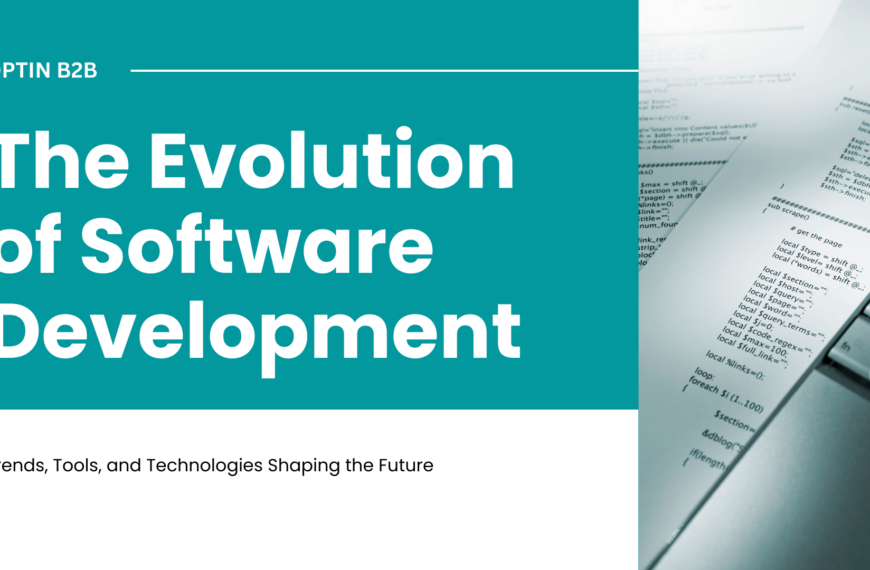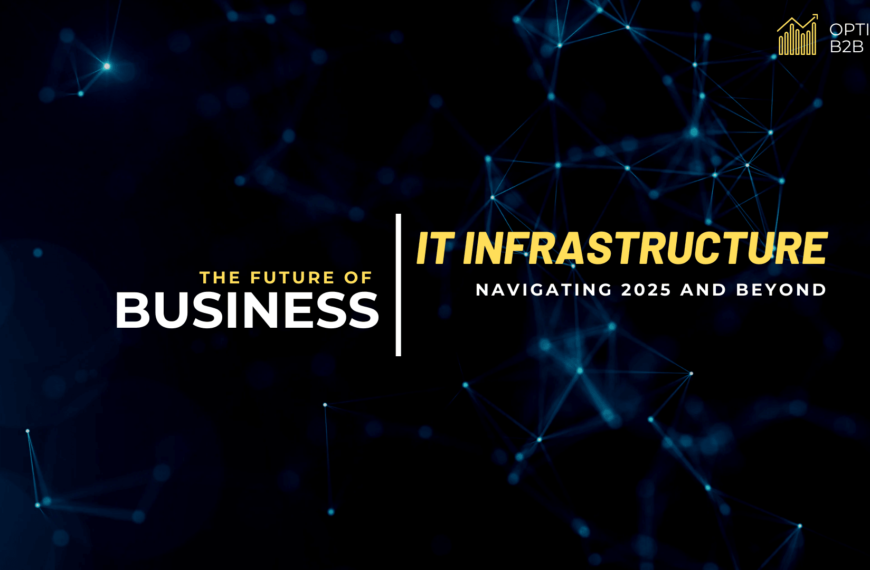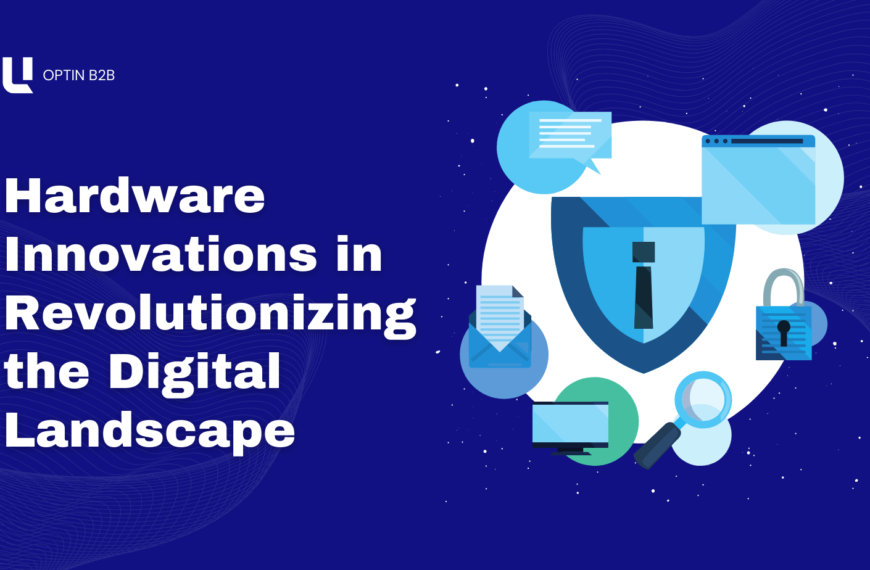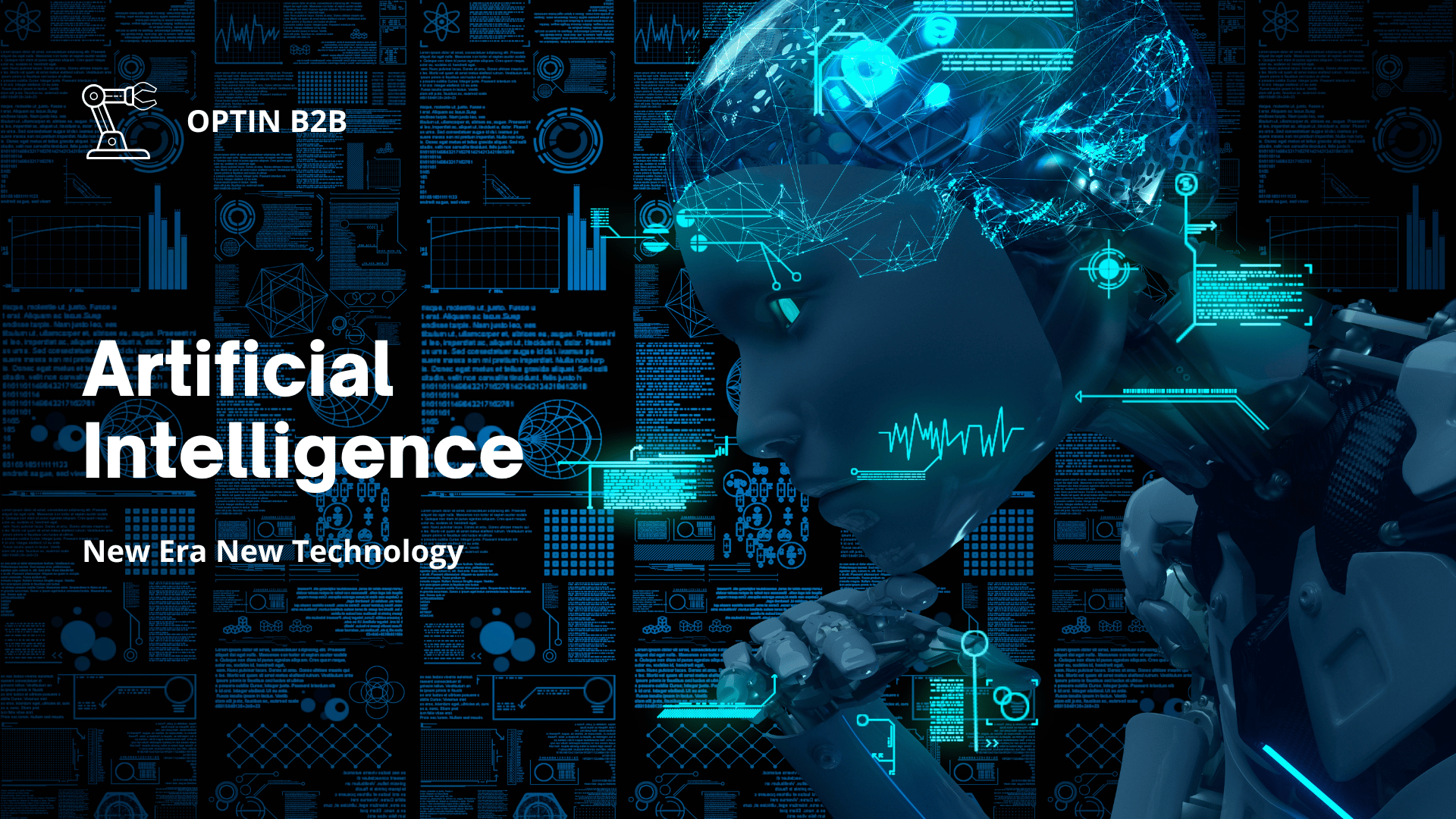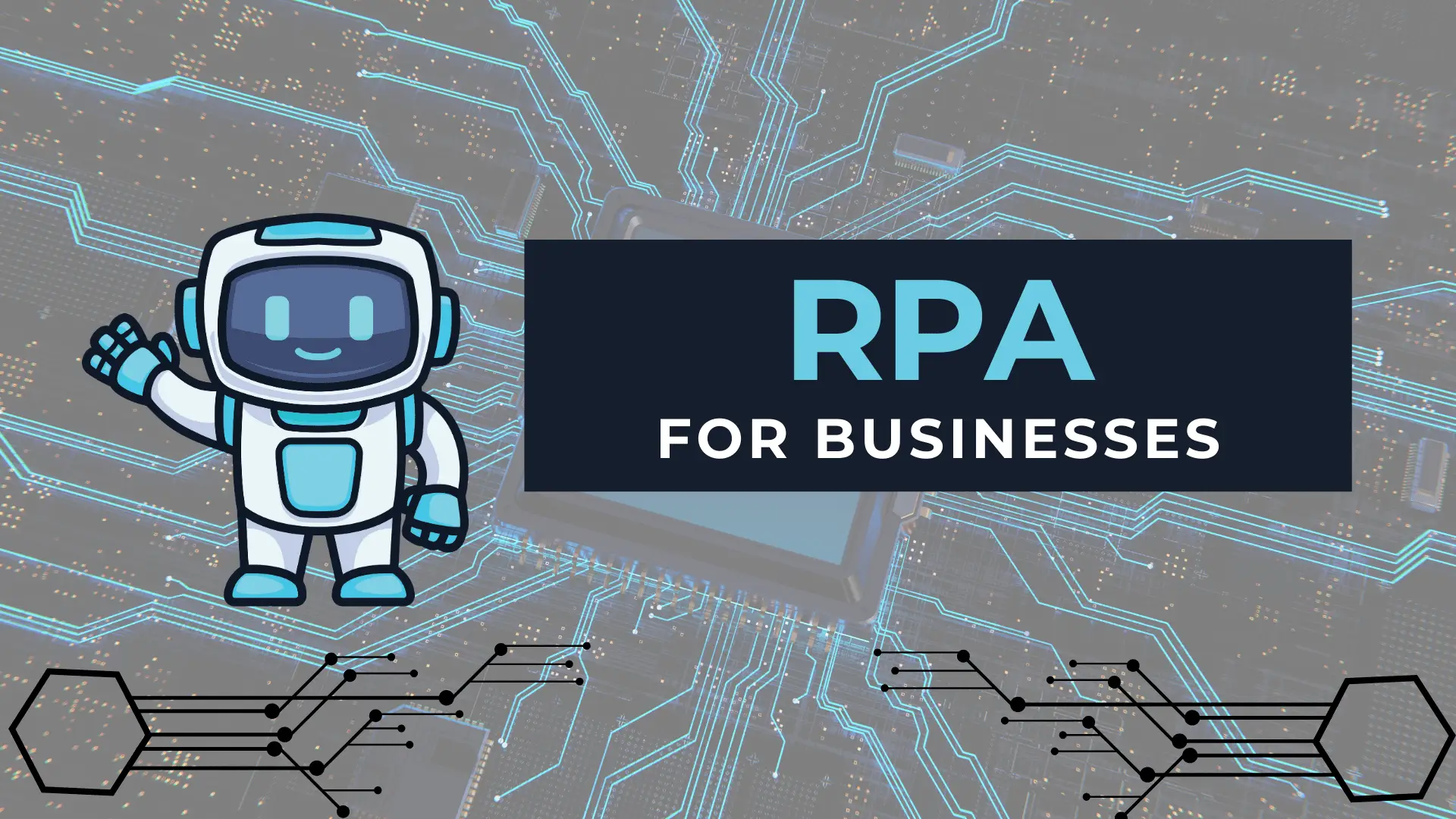The integration of IoT (Internet of Things) in healthcare has dramatically transformed how patient care is delivered, enabling real-time monitoring and proactive management of medical conditions. Wearable devices such as smartwatches and fitness trackers now come equipped with sensors that monitor vital signs like heart rate, blood oxygen levels, and sleep patterns. These devices provide healthcare providers with continuous patient data, allowing for timely interventions and personalized care plans.
One of the most significant advancements in IoT-powered healthcare is the rise of remote patient monitoring (RPM) systems. Patients with chronic conditions such as diabetes or hypertension can use IoT devices to send their health data directly to physicians. This eliminates the need for frequent in-person visits and ensures that healthcare providers can detect anomalies early. Additionally, hospitals are utilizing IoT-enabled equipment to streamline operations, reduce downtime, and maintain critical infrastructure like ventilators and infusion pumps.
IoT in healthcare also enhances medication management. Smart pill dispensers can remind patients to take their medications on time and alert caregivers in case of missed doses. This ensures adherence to treatment plans, particularly for elderly patients or those with cognitive impairments. Furthermore, IoT-enabled medical devices contribute to significant cost savings by reducing hospital readmissions and emergency room visits.
However, the adoption of IoT in healthcare raises concerns about data security and privacy. With sensitive patient information transmitted over networks, robust cybersecurity measures are essential to prevent breaches. Despite these challenges, IoT innovations continue to pave the way for a smarter, more connected healthcare system, offering improved outcomes and a higher quality of life for patients worldwide.

